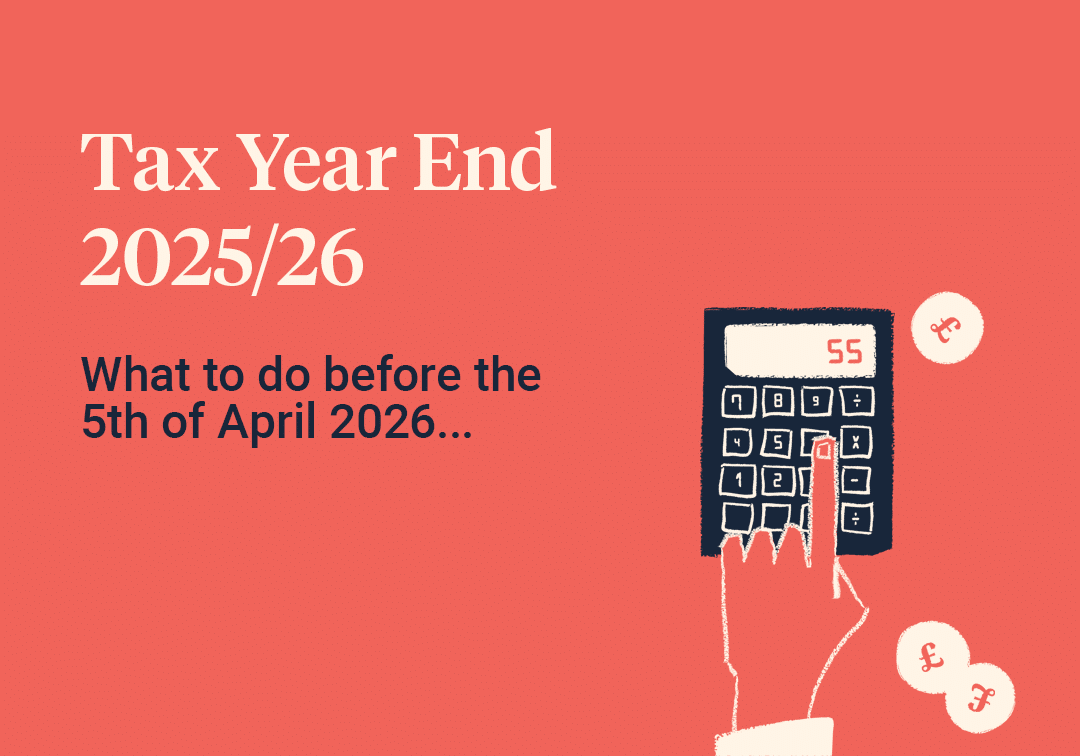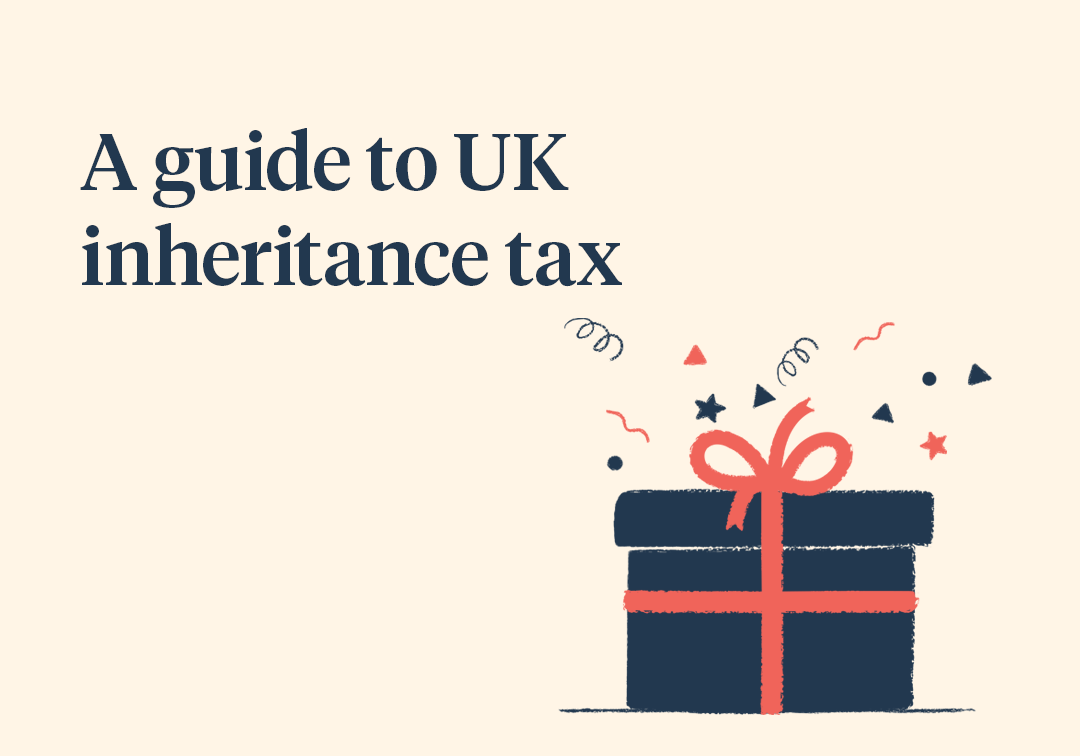If you regularly max out your pension annual allowance (which is usually £60,000), make ISA contributions of £20,000 every year, and utilise your annual capital gains tax (CGT) allowance, offshore bonds can offer a great next step to further increase tax-efficiencies. In addition, people earning over £260,000 can have their pension annual allowance reduced down to £10,000 (depending on their earning levels), so an offshore bond can offer a neat solution in this scenario.[1]





